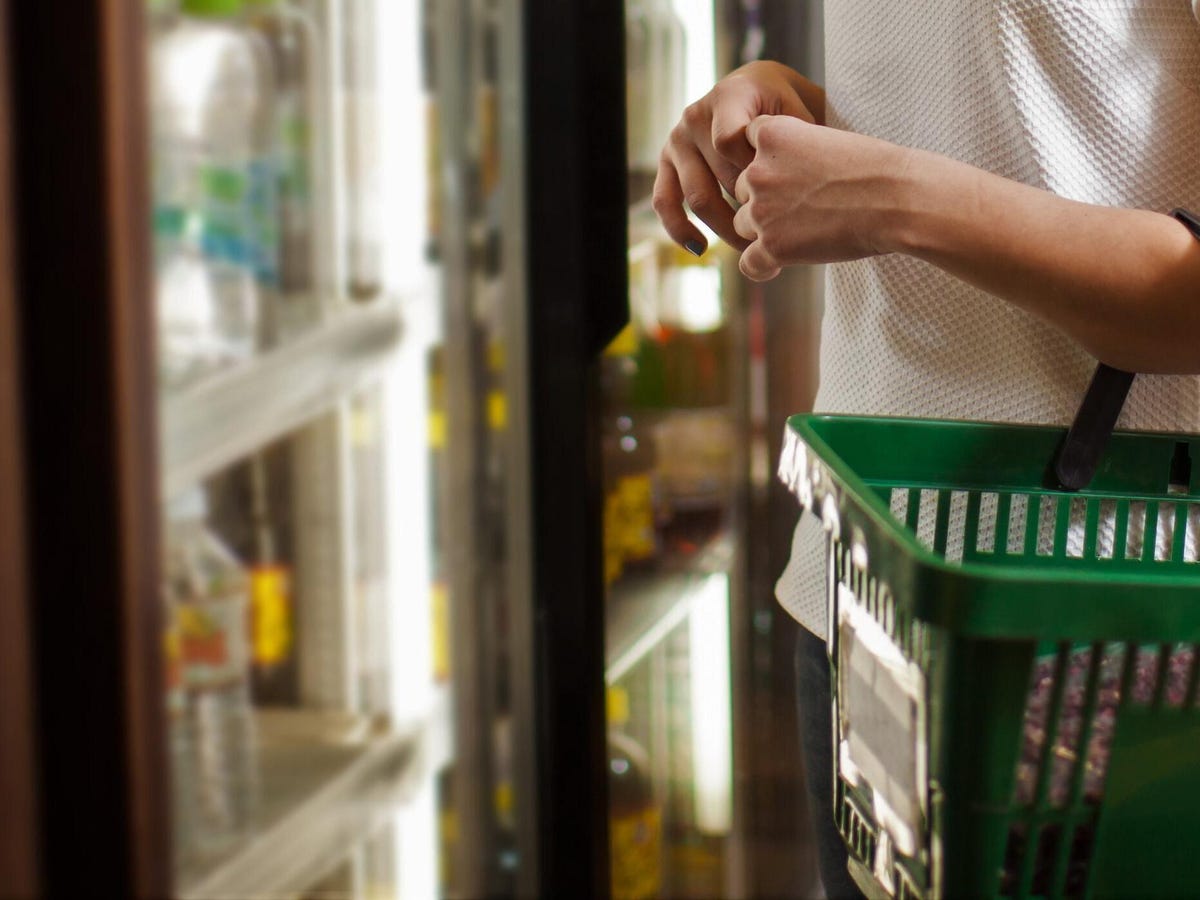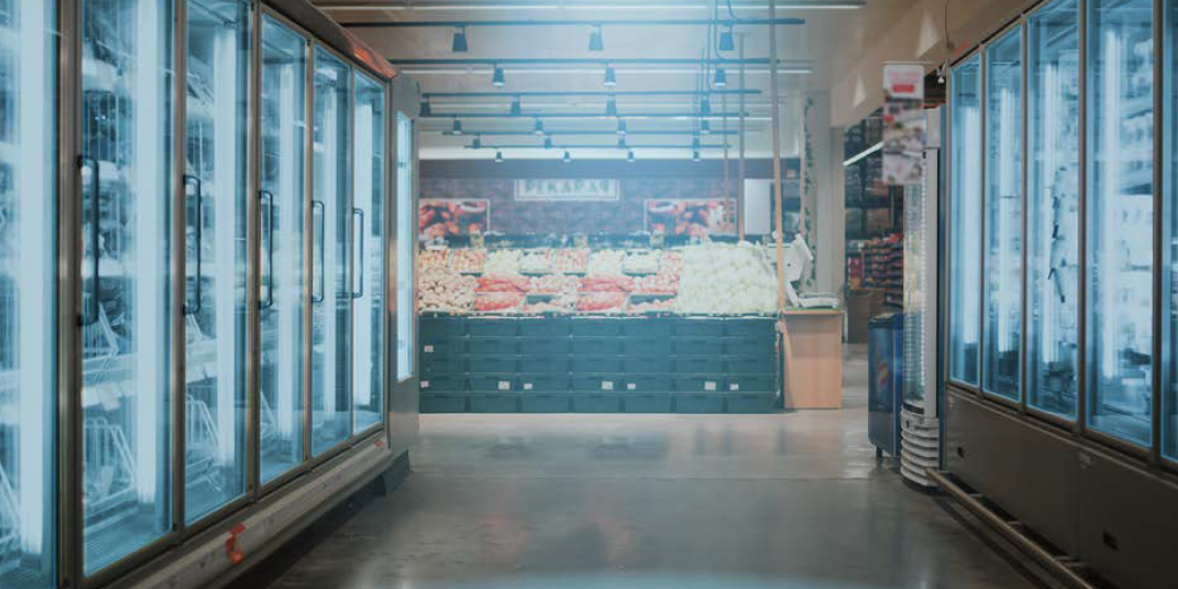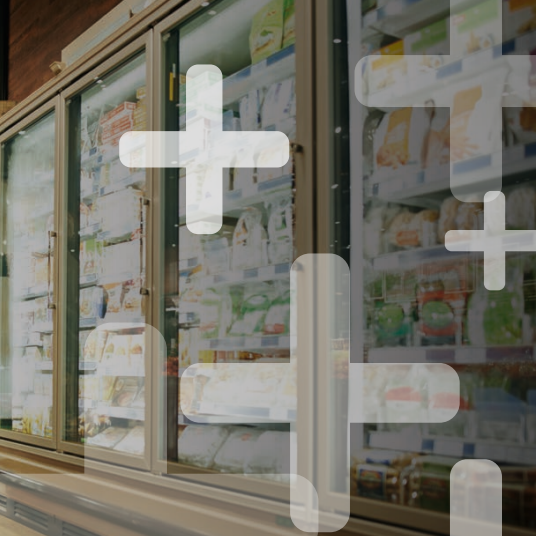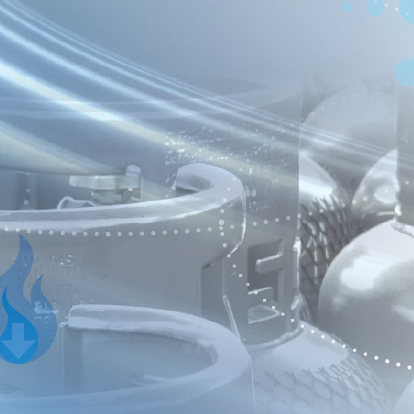Prioritizing Sustainability with Natural Refrigerant Options
Natural refrigerants play a critical role in the global phasedown of legacy hydrofluorocarbon (HFC) refrigerants. As food retailers and foodservice operators set short- and long-term sustainability targets, natural refrigerants are among the few alternatives capable of delivering significant reductions in both direct and indirect greenhouse gas (GHG) emissions.
Offering very low global warming potentials (GWPs) and excellent energy efficiencies, CO2 (or R-744) and propane (R-290) are well-suited for a wide variety of commercial refrigeration equipment strategies.

Exploring Natural Refrigerants
Regulatory mandates and corporate sustainability initiatives are driving the transition toward more environmentally friendly refrigerant alternatives. Many of the commonly used hydrofluorocarbon (HFC) refrigerants used in commercial refrigeration applications have a high global warming potential (GWP). Global, federal and state regulations are actively phasing down the use and production of these high-GWP HFCs.
Natural refrigerants have very low-GWP levels and offer thermodynamic properties well-suited for modern commercial refrigeration applications.






